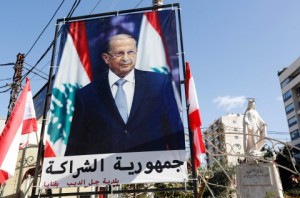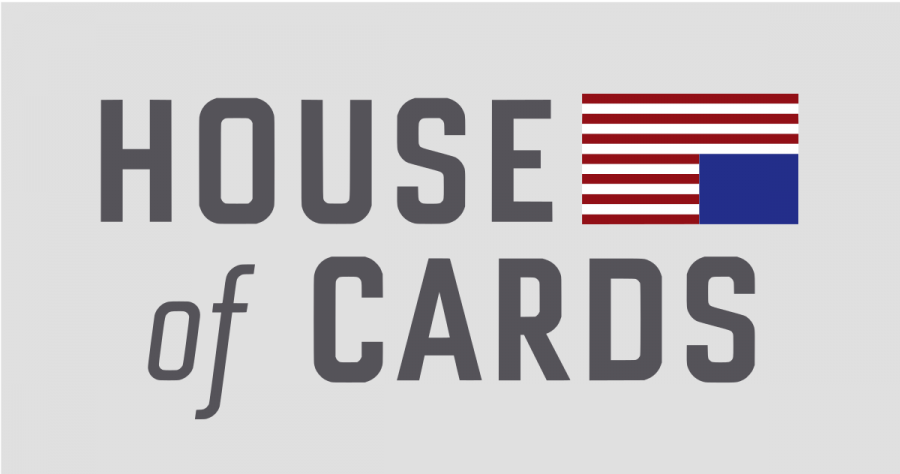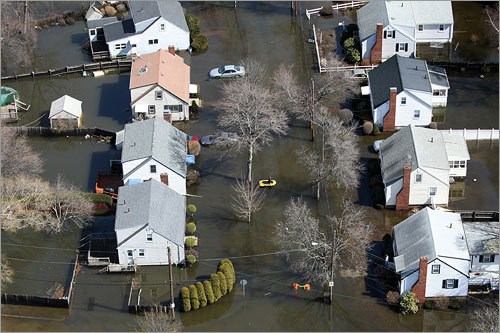By Sophia Simeone
Staff Writer
On Monday, Oct. 31, after two-and-a-half years of political stagnation and factional strife, a ceremonial session of the Lebanese parliament elected Michel Aoun its next president. Gunfire and the sound of cars honking exploded in the streets of East Beirut as news of the decision reached the general public.

The presidential palace has been vacant since Mr. Aoun’s predecessor, Michel Suleiman, finished his term in 2014. In the two years since, deep political divisions have paralyzed government, impeding its ability to fulfill even the simplest administrative roles. Following the end of the Lebanese civil war in 1990, investment in infrastructure dwindled, and civil services as basic as waste management went unperformed. Members of parliament, allied along strict regional and political lines, unsuccessfully attempted to elect a head of state 45 times before the election of Mr. Aoun on Monday.
Mr. Aoun, who is backed by the Shia Islamist group Hezbollah, was impeded in his path to the presidency by the rival Sunni-led group Future Movement. In recent weeks, a deal was struck apparently guaranteeing the Future Movement’s leader, Saad Hariri, the post of Prime Minister. On Oct. 20, Hariri officially declared his decision to support Mr. Aoun, citing his willingness to “protect Lebanon, protect the [political] system, protect the state, and protect the Lebanese people.”
The country’s power-sharing system is complex and strictly delineated by religion. Law stipulates that the president must be a Maronite Christian, the prime minister a Sunni Muslim, and the speaker of parliament a Shia Muslim.
Known as “The General” to his followers, Michel Aoun rose to prominence during Lebanon’s civil war as commander of the Christian-dominated Lebanese Army. In 1988, he was appointed leader of the interim military government by former President Amin Gemayel. After a new president was elected in 1989, Mr. Aoun refused to step aside until he was driven into exile by Syrian forces. He returned to Lebanon in 2005 following the assassination of then-Prime Minister Rafik Hariri.
In his inaugural address, Mr. Aoun pledged to root out terrorism, strengthen Lebanon’s military, and push Syrian refugees to return home. “Lebanon is walking through a minefield, but is still at a safe distance from the flames in the region,” he said. “One of our priorities is to prevent igniting a spark and to adopt an independent foreign policy.”
Some, however, are skeptical that Mr. Aoun’s election will solve the political gridlock that prolonged his campaign for over two years. “He is in a better position to maneuver, but that might also mean that the deadlock might be transferred from the presidential elections to the government formation and everything afterward,” Lebanese political analyst Ramez Dagher told the New York Times on Monday. “I believe that for the time being and the foreseeable future, nothing is going to change.”












